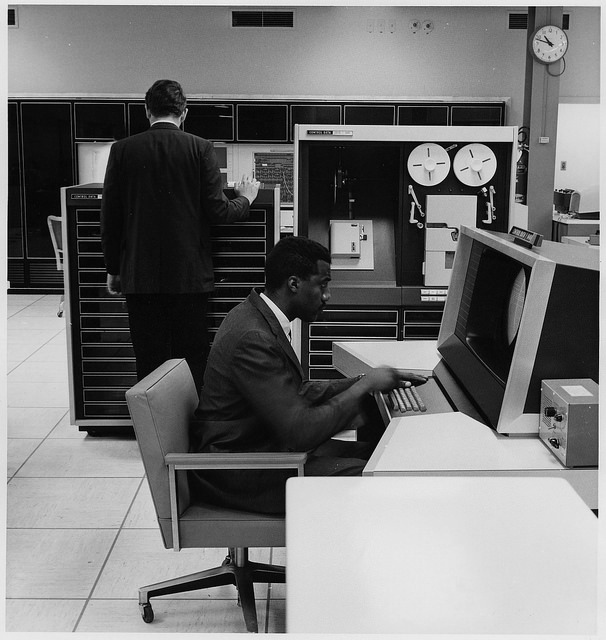 It's still a problem. Still. Blocking social media for staff. Sometimes there's good reason for some departments. Often, there's not. This post by an experienced head of ICT and consultant will help you knock the false arguments out of the park.
It's still a problem. Still. Blocking social media for staff. Sometimes there's good reason for some departments. Often, there's not. This post by an experienced head of ICT and consultant will help you knock the false arguments out of the park.
I presented an ICT strategy report to a local government Cabinet about 5 years ago but before I was allowed to start, one of the cabinet members began with a news update;
“It said on the news this morning that YouTube, Twitter and Facebook are merging” she said. “It’s going to be called YouTwitFace”.
Now it was not a new joke even then, and as true words are often spoken in jest it signaled the presence of social media and almost it’s arrival in the public sector as a “thing”.
A call to action for ICT managers to embrace and love social media.
Fortunately I had the advantage of working with 2.0 “bright young things” in the social media arena and was happy to pioneer social media as they explained to me what the possibilities were for public sector organisations. A channel to touch the people that other channels struggle to reach.
It had already been brought to my attention that I (as the embodiment of the ICT behaviour police) was expected to be in charge of my Council’s e-mail policy. And now apparently I was in charge of policing social media behaviour also.
The guru’s and I decided to established the principles with information governance, IT, HR and audit and came up with the following.
- Blocking access to certain websites is a never ending job and we don’t like never-ending jobs
There will always be a new word, phrase or website to block, and in Local Government one person’s hardcore is another person’s material for repairing pot-holes.
- Public sector organisations already have behaviour policies which apply to social media
The contact of employment already says not to bring your employer in to disrepute. IT are as much accountable for what people put on social media as they are for what people say over the telephone. IT departments provide phone systems and they aren’t asked to write policies for that.
- The information does not need to be stored in the UK
Think about the content you are sharing. It doesn’t matter if people outside Europe are storing information about when your gritting lorries are going out.
- People will not spend all day on facebook
I include this one as it was suggested as a real reason to block social media. My answer; This is a management issue not an IT issue. People’s behaviour changes to meet the expectations you have of them. Workers do the work expected of them.
- It is not an information security risk
Again, the nature of the tweeting and other broadcasts are never going to be of a sensitive nature. Your social workers and benefits staff are not going to be tweeting “Great to see @MadeUpPersonName again today.” because they aren’t stupid.
- It is not a network security risk
Allowing access through your firewalls to websites means that there could be access the other way, Of course there could. Security protocols and systems exist, there are companies that will check and fix your vulnerabilities for you, if your IT department is so worried about security breaches that your whole organisation is paralysed they need to go on a training course or work somewhere else; The dark side of the internet is here to stay.
- It will not steal all your bandwidth
Most of social media is words and pictures. Not a huge volume compared to the 13MB PowerPoint presentation someone just emailed to 70 people. If your network can’t cope with BBC news links, training videos, monitor it and make it low priority if ever there is contention. Otherwise upgrade to something suitable for the 21st century. Bandwidth is cheap compared to not connecting to your customers
Hope that helps.
Finally, if you want social media to stick in order to reap the benefits then allow people to do trivial stuff with it, post photo’s of their pets for example. Think back to how Microsoft taught us how to drag and drop. You need to attract people in and make the experience worthwhile. Only ban trivial/personal (in your view) stuff if you ban trivial/personal conversations at work altogether.
If you feel that you do need to put some controls in place then do this one; announce birthdays and the associated cakes only via your social media channel. Instant users!
Feel free to share this.
Martin Sadler is a senior ICT officer in local government. His post was originally posted here.
